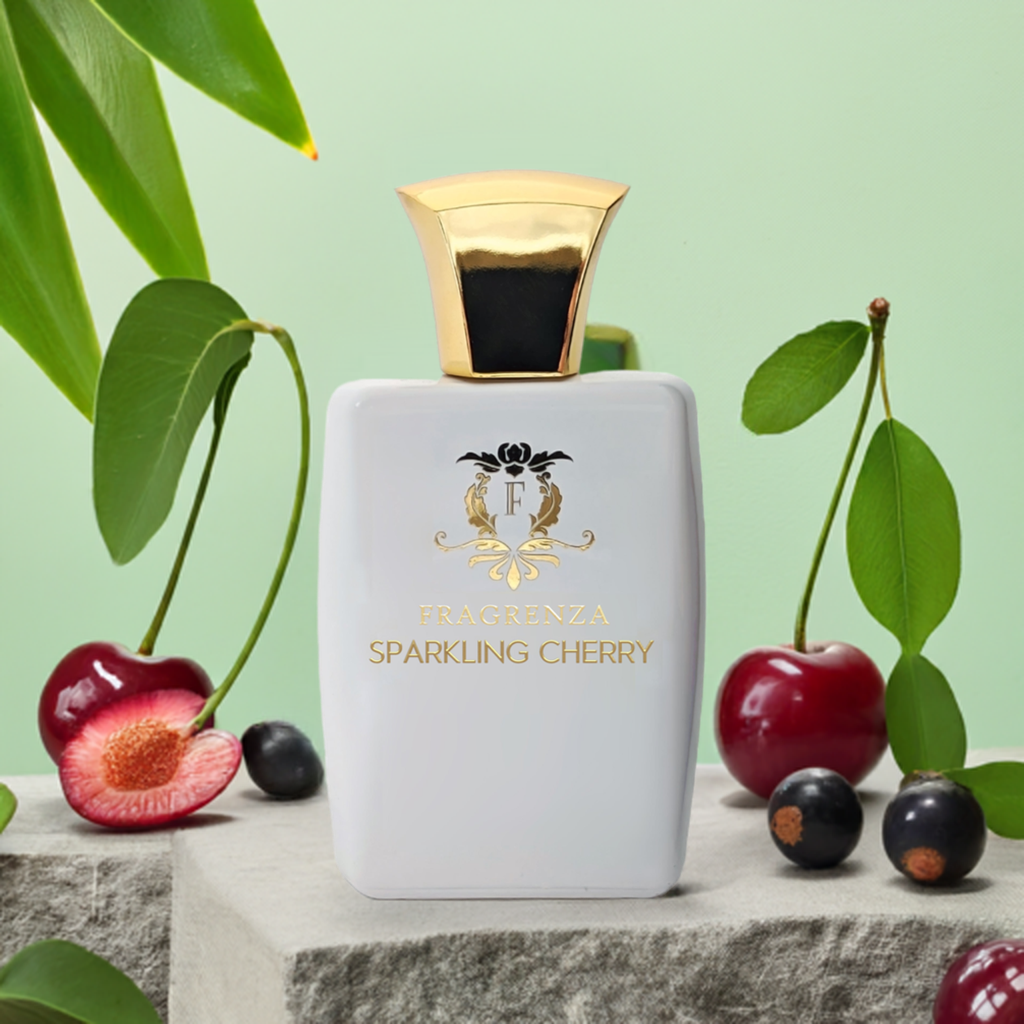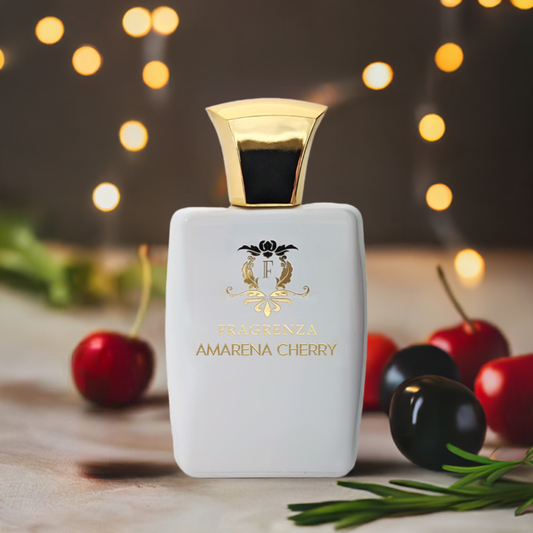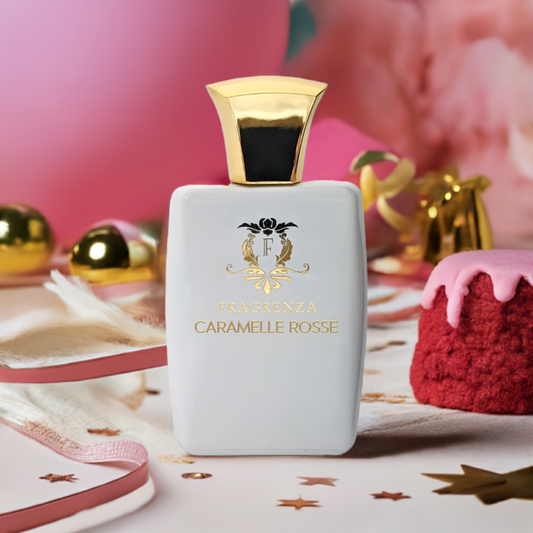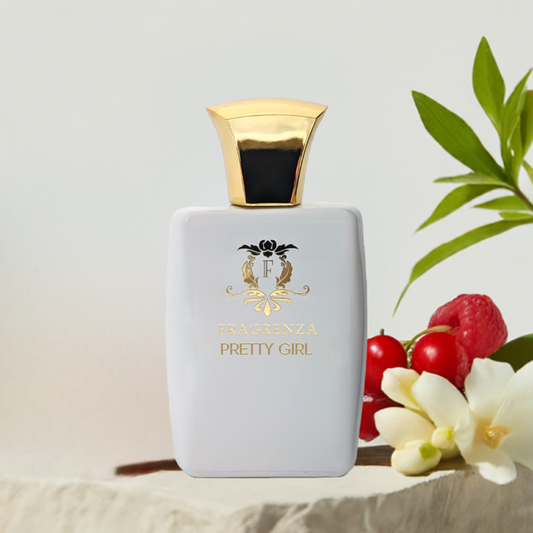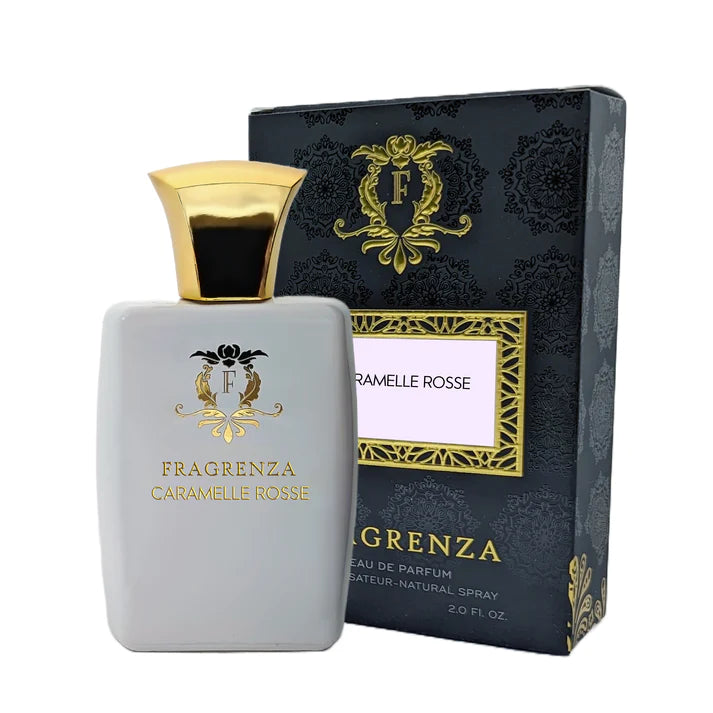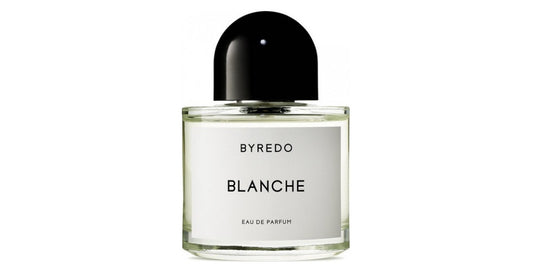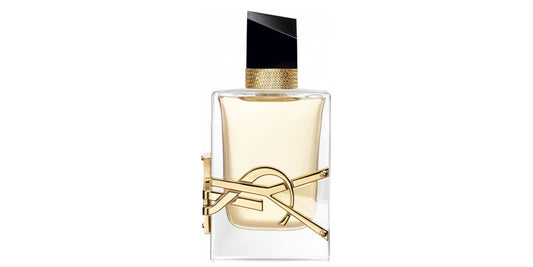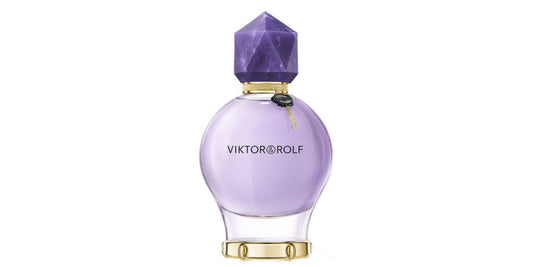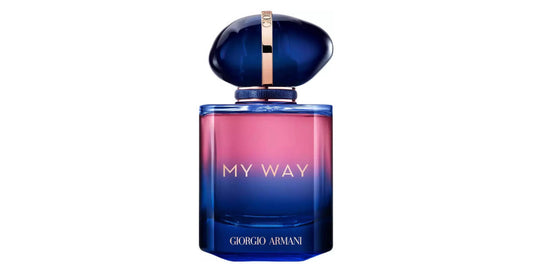Bread in perfumery
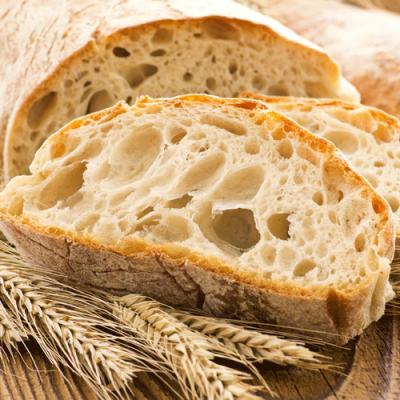
In This Article
The Nostalgic Appeal of Bread in Perfumery
Many of us cherish the memory of the tantalizing aroma of freshly baked bread wafting from a bakery. Perfumers have sought to recreate this evocative scent in fragrances like Serge Lutens' creation and the anecdotal "Toast Water" developed by bakers themselves, capturing the essence of this comforting and nostalgic smell.
A Brief History of Bread
Bread is believed to have been invented during the Paleolithic era, around 30,000 BC. Researchers have discovered traces of unleavened bread created by placing starch seeds under mortars and pestle-like stones, which were then baked. Bread-making techniques evolved alongside the development of tools. The invention of the grain mill in antiquity significantly impacted bread-making and consumption. Bread played a vital role in the cultures of Greece, Mesopotamia, and Egypt, highlighting its universal importance.
During the Middle Ages, poor mill maintenance led to bread scarcity and the imposition of taxes by feudal lords. Flour shortages and the dangers of grinding bran made bread a highly contested commodity, even contributing to the French Revolution (as evidenced by the flour war and the royal family's nicknames of "Baker," "Boulangère," and "Petit Mitron").
Fermentation techniques and cooking methods advanced over time, but bread remained subject to rationing, particularly during World War II.
Introducing Bread Notes in Perfumes
In recent years, bread has regained its status as a sought-after delicacy after a period of being unjustly vilified as too fattening. In 2013, the English Federation of Bakers created "Eau de Toast," a fragrance featuring a toast note, as part of a major media campaign to promote bread. This scent was distributed for free during London Fashion Week.
Beyond the anecdotal "Eau de Toast" and the ethyl maltol synthetic note in Angel that reminds some noses of toast, Serge Lutens' Jeux de peaux is currently the only fragrance to prominently feature a bread note. Jeux de peaux entices with its appetizing aromas of breakfast, coffee, warm bread, and milk. The heart notes of osmanthus and bread blend with a medley of sweet base notes (caramel, licorice, and vanilla), made powerful by labdanum and sandalwood, as well as milky hot milk and delicious hazelnuts and coffee.
Given its potent olfactory and emotional impact, it's likely that the bread note will find its way into more gourmet and innovative fragrances, alongside other unique notes like hot milk, which are now appearing more regularly in perfumes.
Unleashing the Power of Bread in Fragrance Creation
The comforting aroma of bread has the potential to inspire a new wave of scents in the world of perfumery. Its nostalgic appeal and emotional resonance can evoke feelings of warmth, home, and happiness, making it a promising ingredient for future fragrance compositions.
Exploring Bread in Collaboration with Other Notes
Perfumers can experiment with bread notes by combining them with various other ingredients to create unique and captivating scents. For instance, pairing bread with fruity notes may evoke the sensation of a freshly baked fruit pie or dessert, while incorporating floral elements could produce a more sophisticated, delicate fragrance reminiscent of a sunlit bakery. Similarly, blending bread notes with gourmand scents like chocolate or vanilla might result in a rich, indulgent aroma perfect for cooler weather or festive occasions.
Creating Fragrances for a Bread-Loving Audience
As more people rediscover their love for bread and its evocative aroma, the demand for fragrances that capture this essence may grow. Perfumers can capitalize on this trend by crafting scents that appeal to a broad audience, from those who appreciate the simplicity and warmth of a classic loaf to those who seek more adventurous, artisanal bread experiences.
Bread Notes and the Future of Perfumery
The inclusion of bread notes in fragrances offers exciting possibilities for the future of perfumery. As perfumers continue to explore new and unconventional ingredients, they can draw inspiration from the rich history and universal appeal of bread to create innovative, emotionally resonant scents. With its powerful nostalgic allure, the bread note has the potential to become a staple in the world of fragrance, joining the ranks of other classic and timeless scents.
